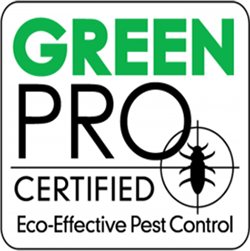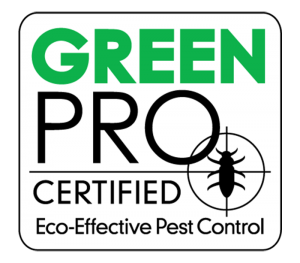Three Reasons to Test for Termites Annually
Termites cause extensive damage often before you even realize you have an infestation. They eat wood from the inside out, so their presence is hard to detect unless you know what to look for. Everything will look solid and sturdy until your porch starts leaning or wooden structures collapse.

Termites actually work pretty slowly, but their presence is difficult for the average homeowner to detect, therefore damage can happen with no forewarning. Detecting and deterring termites is best left to pest management professionals. They will know where to look and will have the equipment to perform a thorough inspection. Annual inspections are also something to consider as a homeowner.
- Inspections are much more affordable than repairs. By far, the cost of an annual inspection is more affordable than treatments. Termites cause billions of dollars in damage each year in the U.S. They primarily feed on wood, but also damage paper, books, insulation, and even swimming pool liners and filtration systems. Termites can injure living trees and shrubs, but more often are a secondary invader of woody plants already in decline. The Eastern subterranean termite is perhaps the most damaging insect in the U.S. They affect more than 600,000 homes and do about $5 billion annually in damage in the U.S. each year.
- Peace of mind is invaluable for a homeowner. Most of us who’ve bought or sold a home are familiar with the requirement of an inspection. The initial inspection is done because most mortgage companies need the home or building to be free from termites and other pests that destroy wood before they will lend money to the buyer. Lending institutions require a certified pest technician to make sure that the property is termite-free. Inspections that are done after that are ultimately for the homeowner’s peace of mind. Many homeowners often wonder if additional annual inspections are necessary. The answer is that it’s much simpler to have an inspection and have peace of mind rather than have the surprise of an infestation.
- Termites can infest a home that previously showed no sign of activity and reinfest. If you’ve recently bought a home and your initial inspection went well, there is still a possibility that you could encounter a termite problem down the road. Warm weather and consistent humidity make southern residents more likely to experience termite activity. Ground moisture, leaky pipes, improper drainage, and poor airflow all create moisture issues that attract termites. These conditions can occur at any time. It is also strongly recommended that a home that had termite activity in the past should have annual inspections performed.
What Inspectors Do
The foundation of the home is checked for mud tubes (pencil-sized tubes termites use to navigate) and other signs of activity. On the exterior, they will check for wood-to-soil contact. A potential problem area could be a stack of firewood laying around too close to the house or deck posts that aren’t set in concrete. Wood-to-soil contact is the easiest way for termites to find their way into your home. A typical termite inspection takes less than an hour and involves a thorough check of the inside and outside of the home. Inspectors look for obvious things like wood damage and mud tubes but there are many other areas that need careful inspection. Crawl spaces are very common areas for termites to be in, since not everyone goes into their crawl space, termites can be overlooked for years in these areas. A professional exterminator will know what to look for and where to look.
Inspectors will also check wooden retaining walls, wooden sheds, detached garages, and any other structures on the property for signs of activity. Being proactive and early detection is key to avoiding ever having to do expensive termite remediation.
At Spence’s Pest Control we proudly offer a professional and thorough termite inspection process, whether it’s the treatment of an existing problem or an annual inspection. We encourage you to inquire about our services for all of your pest control needs.












